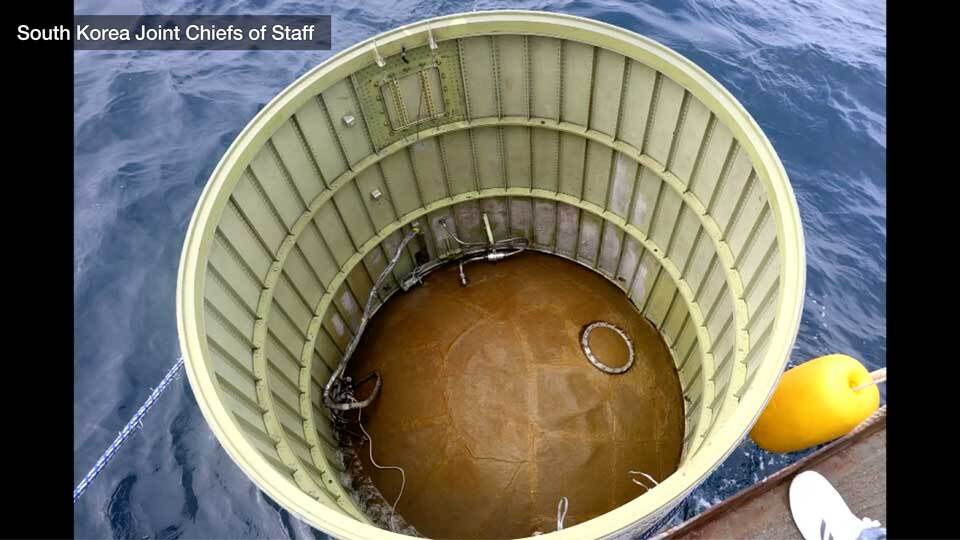North Korea announced the launch from the Sohae station in the country's northwest at 6:27 a.m. on Wednesday. The rocket was purportedly carrying a military reconnaissance satellite.
South Korea's Joint Chiefs of Staff says it is salvaging what is believed to be part of a North Korean space launch vehicle found at around 8:05 a.m. about 200 kilometers west of Ocheon Island in the Yellow Sea, on the western side of the Korean Peninsula.
Japanese authorities responded to Wednesday's launch by issuing a J-Alert warning to Okinawa Prefecture at 6: 30 a.m. The warning urged Okinawa residents to evacuate inside buildings or underground. The advisory was lifted at 7:04 a.m.
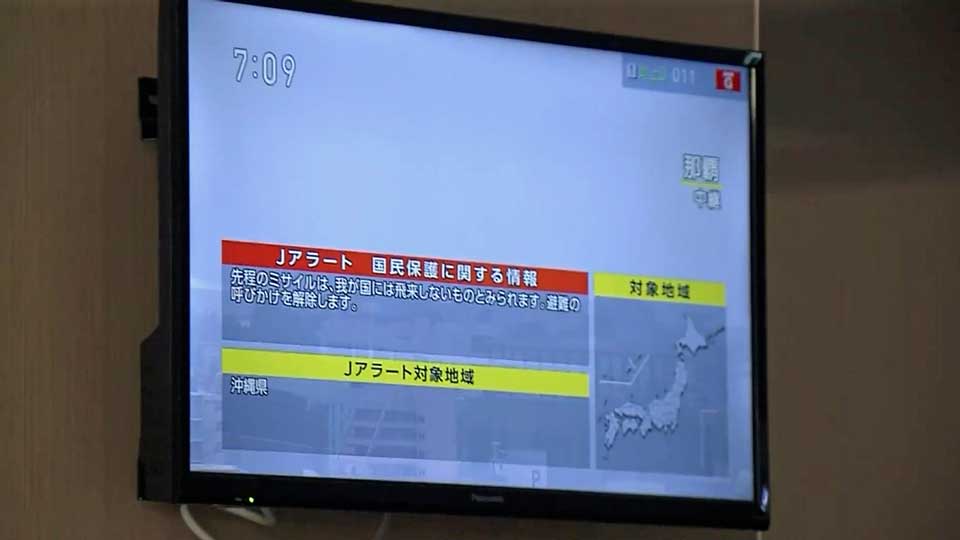
South Korea's military says the apparent ballistic missile was launched southward from Tongchang-ri in the country's northwest. The site is the location of North Korea's Sohae Satellite Launching Station.
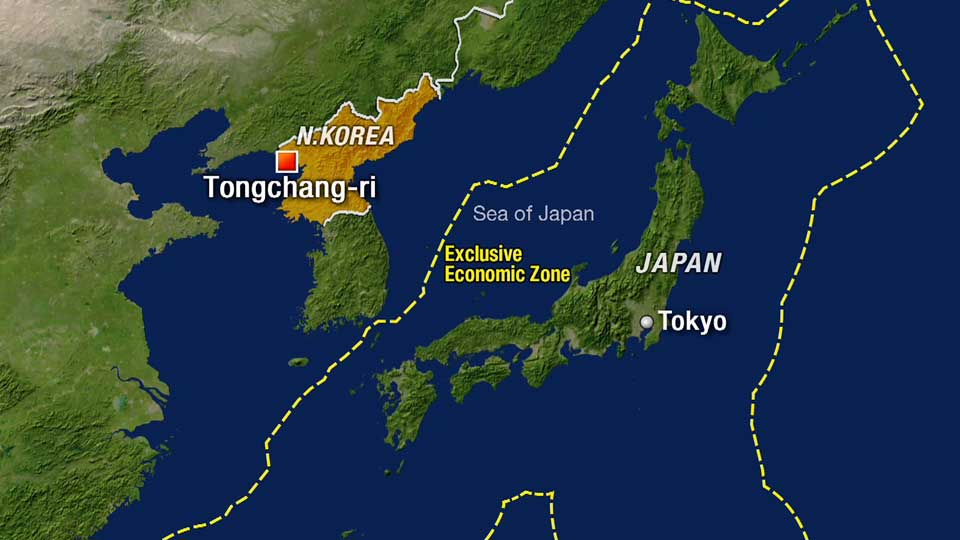
Confusion in Seoul
In South Korea, an alert was issued for Baengnyeong Island, on the west side of the Korean Peninsula, following the military's detection of the launch at 6:29 a.m. Residents were urged to evacuate, but the warning was lifted at 8:01a.m.
An evacuation alert was also issued in the capital, Seoul, but the Interior Ministry retracted it soon afterwards. Air raid alerts are rare in Seoul, and the warning prompted many to panic. The mayor apologized for causing confusion.
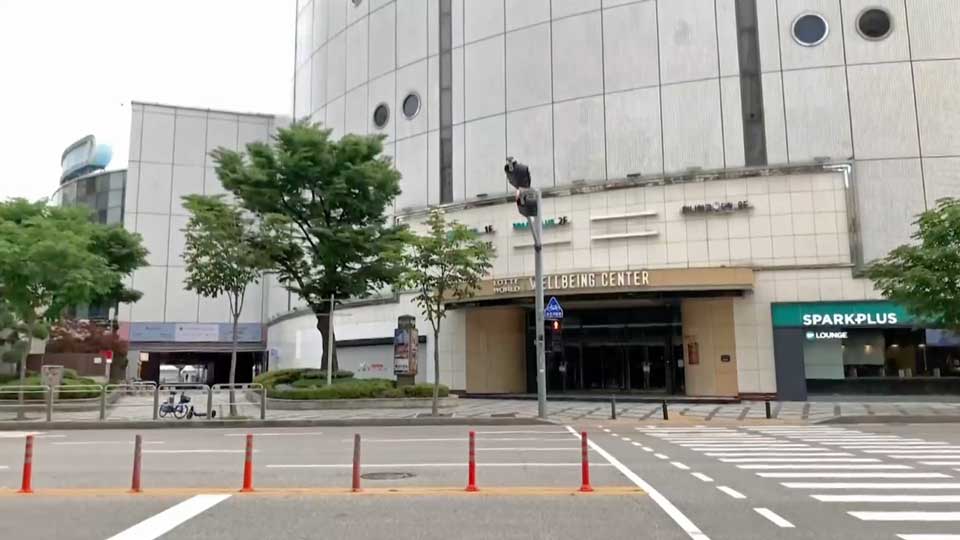
Japan's reaction
Prime Minister Kishida Fumio spoke with reporters after arriving at his office around 7:30 a.m. He said he had issued the prime minister's prescribed orders, and there had been no reports of damage. He said the government was studying the situation.
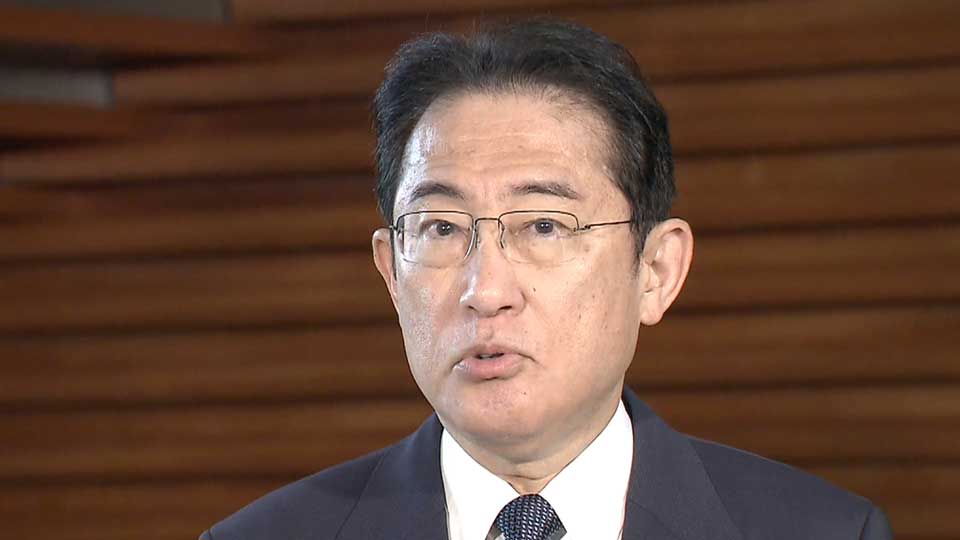
Japan's Chief Cabinet Secretary Matsuno Hirokazu called an extraordinary news conference before 10 a.m. He said Japan had lodged a strong protest condemning Pyongyang via its embassy in Beijing.
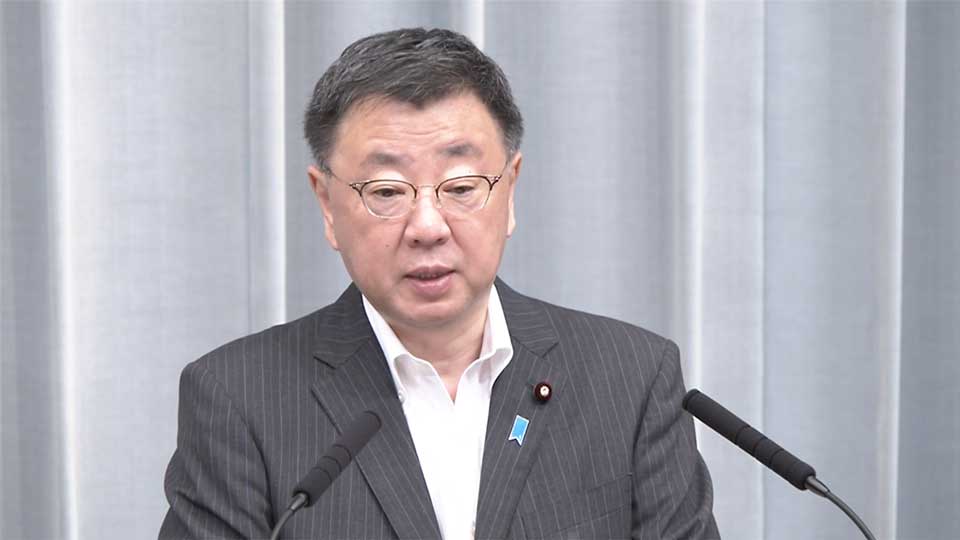
Matsuno criticized the North's actions including its repeated missile launches, which he said "threaten the peace and security of the country, the region and the international community."
UN condemns Pyongyang
The United Nations also weighed in on the North Korean action. A spokesperson for UN chief Antonio Guterres said "any launch using ballistic missile technology is contrary to the relevant Security Council resolutions."
The UN also stressed the need for the North to cease such activity and resume dialogue swiftly, to achieve "sustainable peace" and "the complete and verifiable denuclearization of the Korean Peninsula."
Expert says fuel combination could be a cause
Pyongyang's Korean Central News Agency says the rocket's propulsion system failed due to an abnormality.
It suggested the accident was due to a reliability issue with the rocket's new engine, and unstable characteristics of the fuel.
Koda Yoji, who served as commander of the Self-Defense Fleet in the Maritime Self-Defense Force, supported the theory the failure may have been due to the fuel mixture.
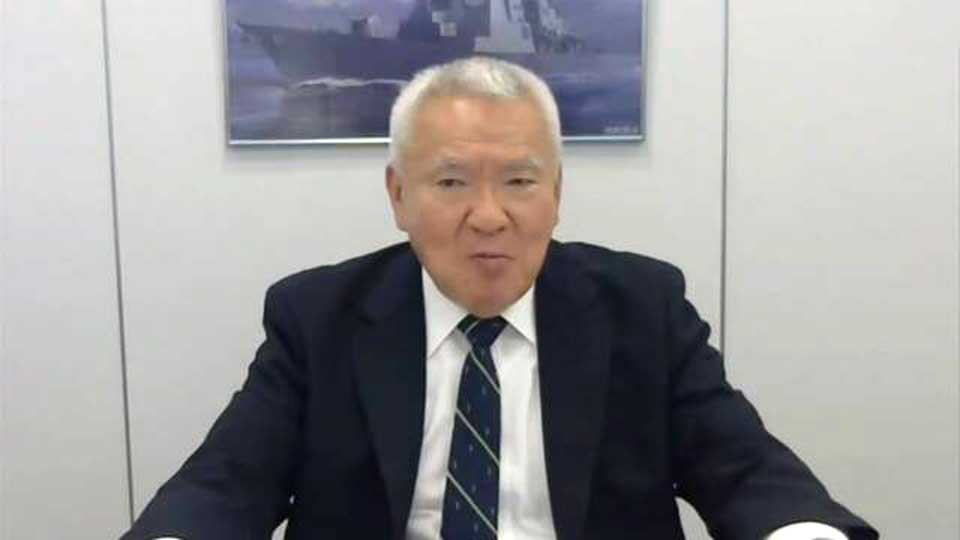
Koda told NHK that liquid fuel is used in satellite launches to create more efficient thrust at lift off and greater control of speed during flight. He said the second stage rocket's abnormal burn may have been due to a too-low ratio of combustion agents and liquid oxygen.
Pyongyang vows second launch soon
Koda also said as the launch put Kim Jong Un's prestige on the line, the crash is a huge issue and a subsequent failure will be almost intolerable.
The news agency says Pyongyang will aim for a second launch as soon as possible.
Rocket flew on first day of North's announced launch window
North Korea on Monday warned Japan it would launch a "satellite" sometime between Wednesday and June 11th. On Tuesday, a senior official of the ruling Workers' Party said his country would launch its first military spy satellite in early June.
But Japanese officials suspected the exercise was a test of Pyongyang's ballistic missile technology, regardless of the North's terminology. They also feared whatever the North sent up could pass into Japanese territory.
There were concerns the projectile could fly over an area close to the Sakishima Islands in Okinawa Prefecture, which prompted authorities to prepare for a rapid release of evacuation information. The alert was issued through the J-Alert emergency warning system.
Meanwhile, Japan's Self-Defense Forces have been ordered to destroy any projectile fired by North Korea if it appears likely to fall within Japanese territory.
Destroyers equipped with the Aegis missile-tracking system, which has advanced radar and interceptor missiles, are on standby around the clock in the East China Sea.
Land-based PAC-3 interceptor systems have been deployed in Naha City and on the Sakishima Islands in Okinawa Prefecture, as well as the premises of the Defense Ministry in Tokyo.
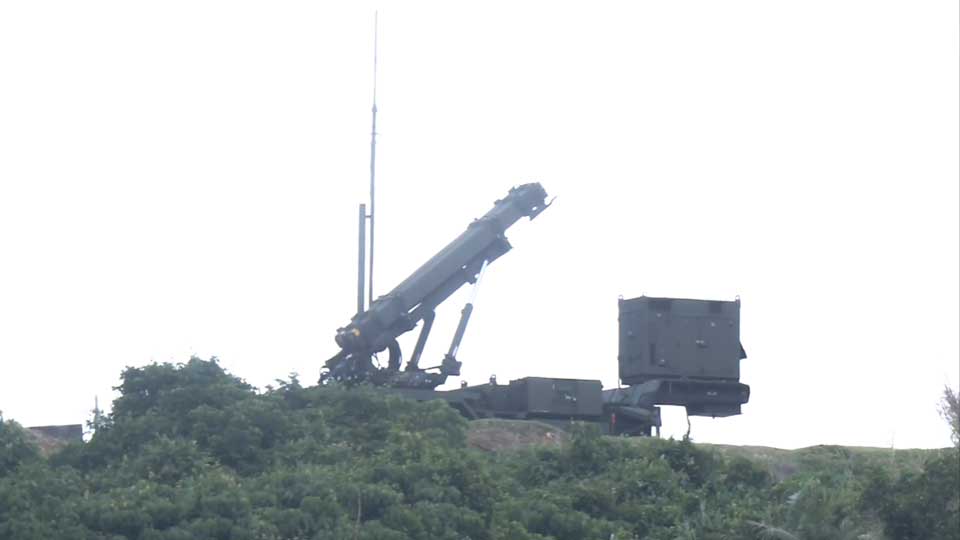
The Ground Self-Defense Force has sent units to Okinawa that are tasked with removing hazardous materials and rescuing injured people in the event of a ballistic missile falling in the area.
Officials believe a ballistic missile or similar North Korean projectile could pass over Okinawa Prefecture within 10 minutes of its launch.
Quelle: NHK

